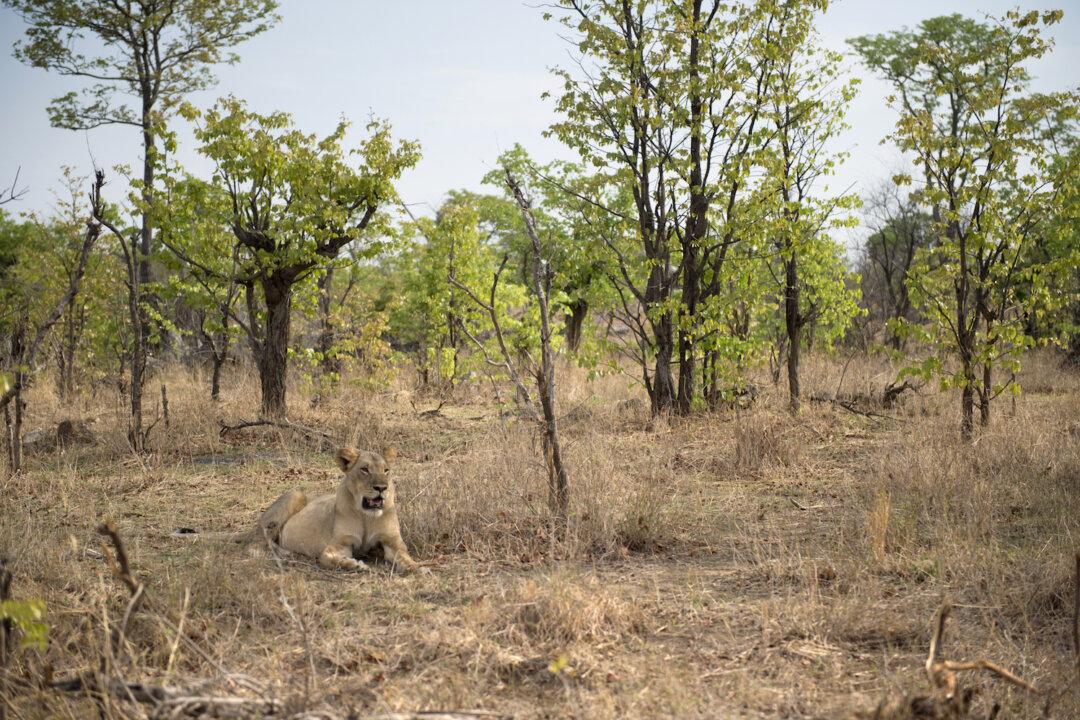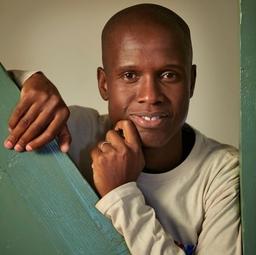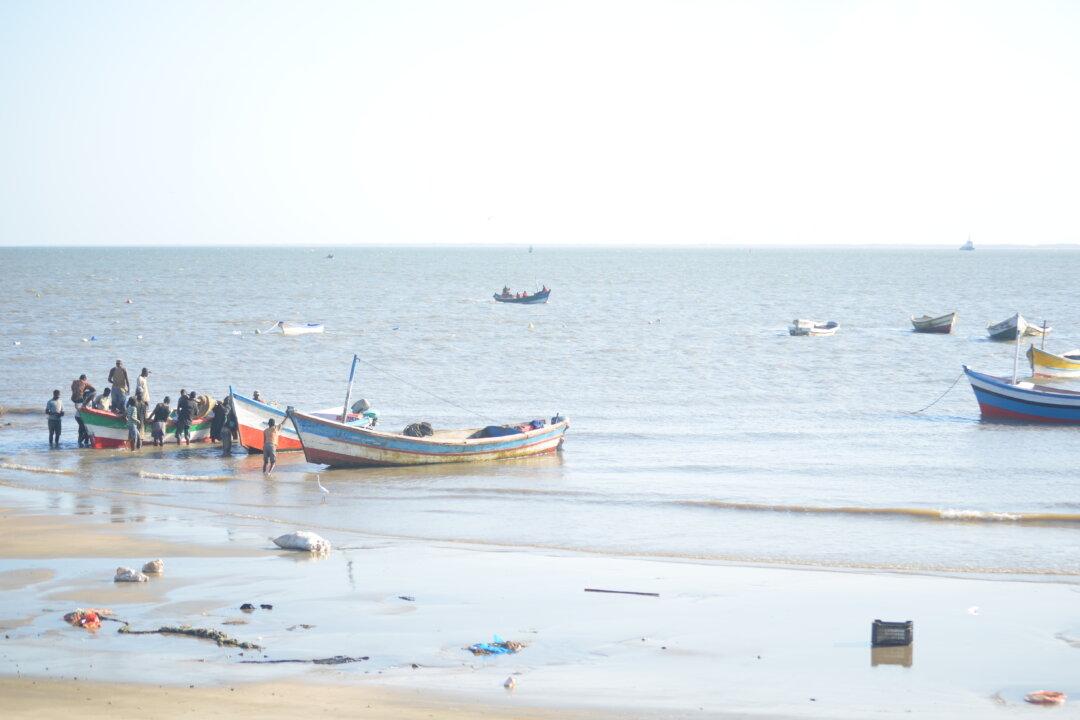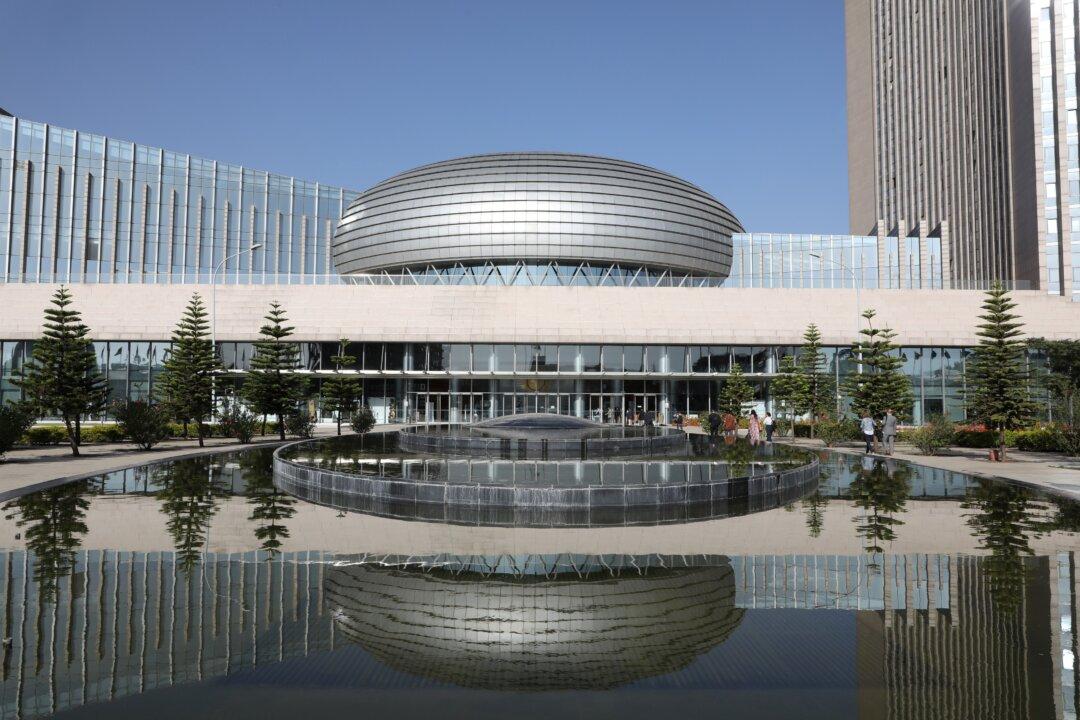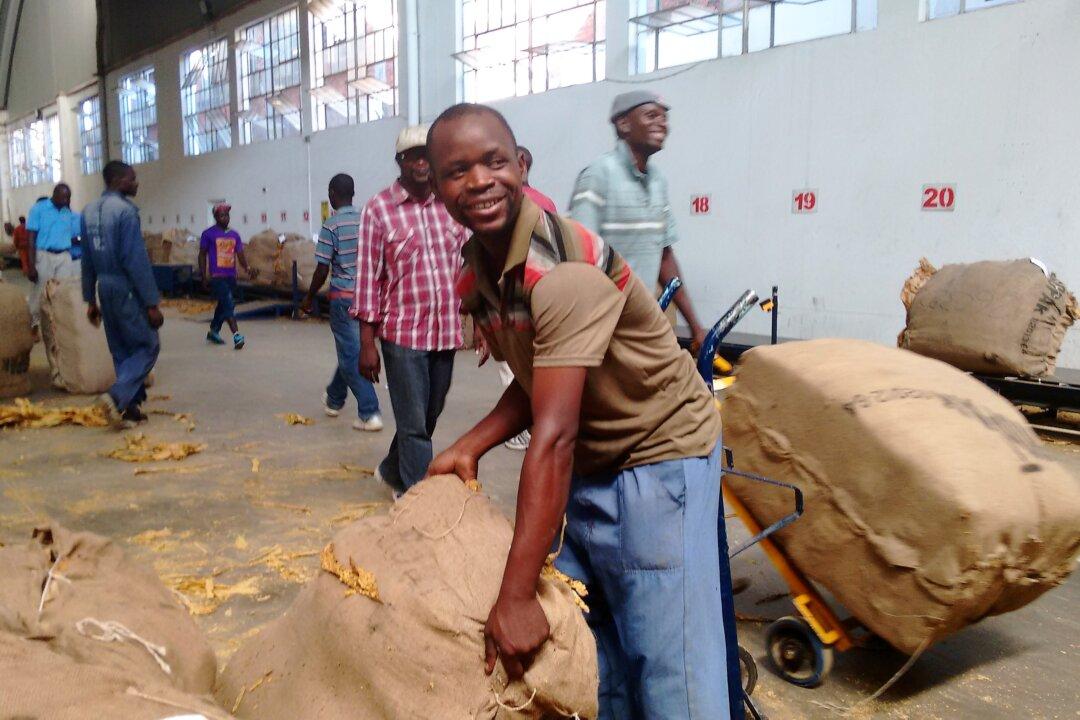MUTARE, Zimbabwe—Wildlife and environment activists are expressing outrage that the Zimbabwean government is offering land in national wildlife parks to Chinese investors for the construction of golf courses.
In May, President Emmerson Mnangagwa promised a group of more than 300 Chinese businesspeople and investors who were on a five-day visit to Zimbabwe that he would offer them land in the country’s national parks to develop golf courses.
